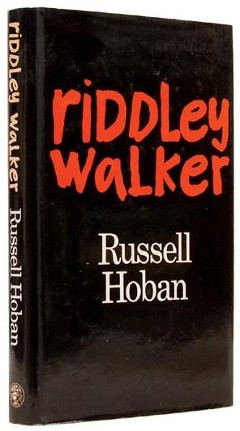I’m behind on my blogging. We’ll see how much I get caught up this week while I’m on spring break.
For some reason I finished up a couple of books all at one time, and with my heavy-duty list of Things to Do over break, I haven’t started anything new yet. All three of my recent reads are worth looking into.
The first is a book of plays by Sarah Ruhl: The Clean House and Other Plays. The other plays are Eurydice, Late: a cowboy play, and Melancholy Play. Of the four, I think Clean House and Eurydice are the best. Both are witty, yet unbearably sad in many ways.
In The Clean House, Lane and her husband Charles are divorced. Both are doctors. She hires a Brazilian cleaning lady to keep her house clean. However, Matilde doesn’t like cleaning, so she readily agrees to let Lane’s sister Virginia scour the place while she continues to work on the best joke in the world. Charles brings his new wife Ana, a beautiful Argentine, to meet everyone. She’s charming and delightful. But her cancer recurs, and the second half of the play is a marvel of surreal warmth. I would love to direct this play. People would laugh, and they would sob. They would have no choice.
Eurydice was also quite lovely in a much grander, mythical way. It would nice to work on, but an elevator that rains?
Next on my reading list was More Information Than You Require, by John Hodgman. Hodgman is the funniest writer in America today. This is the sequel to The Areas of My Expertise, and is in exactly the same hysterical vein, in which he tells us everything we need to know. Everything. A brief example:
- [Teddy] Roosevelt began every day by wrestling his entire cabinet and throwing them out the window. He accidentally killed Secretary of War Elihu Root this way.
- When offered the “Presidential Option” to cover up any murder in the White House, he GUFFAWED MIGHTILY and insisted he could easily bring Root back to life VIA STRENUOUS EXERCISE AND BLACK MAGIC.
- HE WAS RIGHT!
- When rejected by the mainstream Republican Party, Roosevelt created the “BULL MOOSE” Party. Initially, only moose were allowed to join, as Roosevelt admired their solid, stubborn nature, their hatred of trusts, and their ability to LEGALLY HAVE SEX WITH FEMALE MOOSE.
- LATER, PARTY MEMBERSHIP WOULD BE OPEN TO ANYONE WHO COULD GROW ANTLERS.
- Only JANE ADDAMS could manage it!
And so on. A highly recommended read.
Finally, The Vertigo Years: Europe, 1900-1914, by Philipp Blom. Breezily written, it explores the social, psychological, and political parallels of the beginning of last century with the beginning of this one. It covers the same territory as Thunder at Twilight, but deals less with the political fissures of the Austrio-Hungarian empire that lead to WWI than it does the mise en scene of Europe as the old order crumbled. It explored some corners of that period of which I had been unaware. Also highly recommended.
So, let me do my taxes, produce a painting for the Patrons of the Centre auction, plant the ferns in the back yard, take out a loan to pay for the Child’s senior year, finish the two-piano arrangement of “Blake Leads a Walk on the Milky Way,” and create an instructional blog for newbie instructors at GHP, and then I’ll let you know what I’m reading next.

